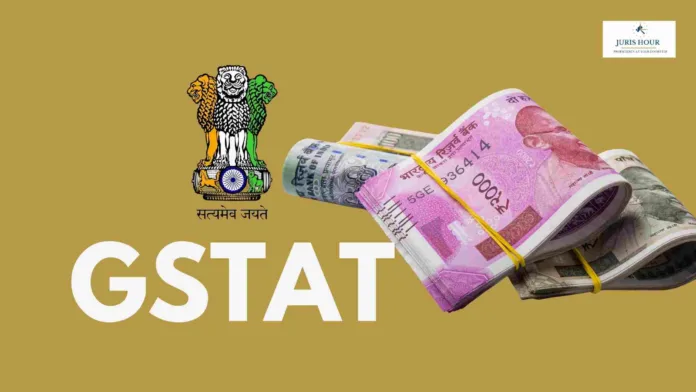As discussions around potential GST rate cuts gather momentum, a recent order by the GST Appellate Tribunal (GSTAT) serves as a stern warning to businesses: tax benefits must be passed on to consumers, or face strict action.
The Principal Bench of GSTAT, Delhi, found a distributor of L’Oréal India products guilty of profiteering by failing to pass on the benefit of a GST rate reduction to customers.
The bench of Dr. Sanjaya Kumar Mishra observed that since there is no dispute regarding the fact that there had been a reduction of the rate of the GST on Beauty and make up preparation etc., and that there was no commensurate reduction of price by the distributor, an initial presumption rises in favour of the Investigating Agency and against the distributor.
GST Rate Cut: Effective 15 November 2017, the GST on cosmetics and personal care products was reduced from 28% to 18%, pursuant to Notification 41/2017.
Profiteering Findings: Instead of lowering the consumer price, the distributor increased the base prices of 388 products, effectively nullifying the benefit of the tax cut.
Quantum of Profiteering: Authorities calculated undue profits of ₹3.31 lakh, along with 18% interest, to be deposited in the Consumer Welfare Fund under Section 57 of the CGST Act.
The distributor claimed prices were automatically fixed by L’Oréal’s proprietary software Suvidha. GSTAT rejected this defense, observing that distributors had discretion to reduce prices or offer discounts and could not deflect responsibility onto the manufacturer.
Strict Liability Under Anti-Profiteering Rules
The ruling underscores that anti-profiteering laws impose a strict presumption: once the GST rate is reduced, the benefit must reach the end consumer. Any attempt to adjust base prices or absorb tax benefits within margins will attract penalties.
Significantly, the tribunal clarified that compliance is not limited to manufacturers. Each participant in the supply chain—including wholesalers and distributors—is responsible for ensuring that reduced tax rates translate into actual price reductions for consumers.
Why This Matters Now
With expectations of fresh GST rate rationalisation on the horizon, businesses across sectors—especially FMCG, retail, and consumer goods—must take note. Authorities have repeatedly emphasised that failure to pass on tax benefits can trigger investigations, result in financial penalties, and tarnish brand reputation.
Key Takeaways for Businesses
- Mandatory Consumer Benefit: Tax cuts are meant for consumers; retaining them as additional margins is illegal.
- Base Price Adjustments Are Scrutinised: Any increase in base prices post rate cut will be closely examined.
- Chain-Wide Responsibility: Compliance is not confined to manufacturers—every link in the supply chain must ensure benefits are passed on.
- Legal and Reputational Risks: Anti-profiteering violations can lead to significant penalties and negative publicity.
Bottom Line
As GST rate cuts approach, businesses should review their pricing policies and ensure transparent compliance. The L’Oréal distributor case makes it clear: tax benefits belong to consumers, and passing them on is not just good practice—it’s the law.
Case Details
Case Title: DGAP Versus Raj & Co.
Case No.: NAPA/19/PB/2025
Date: 18/08/2025
Read More: No Reverse Charge on Purchases of Construction Materials from Unregistered Dealers: AAR

